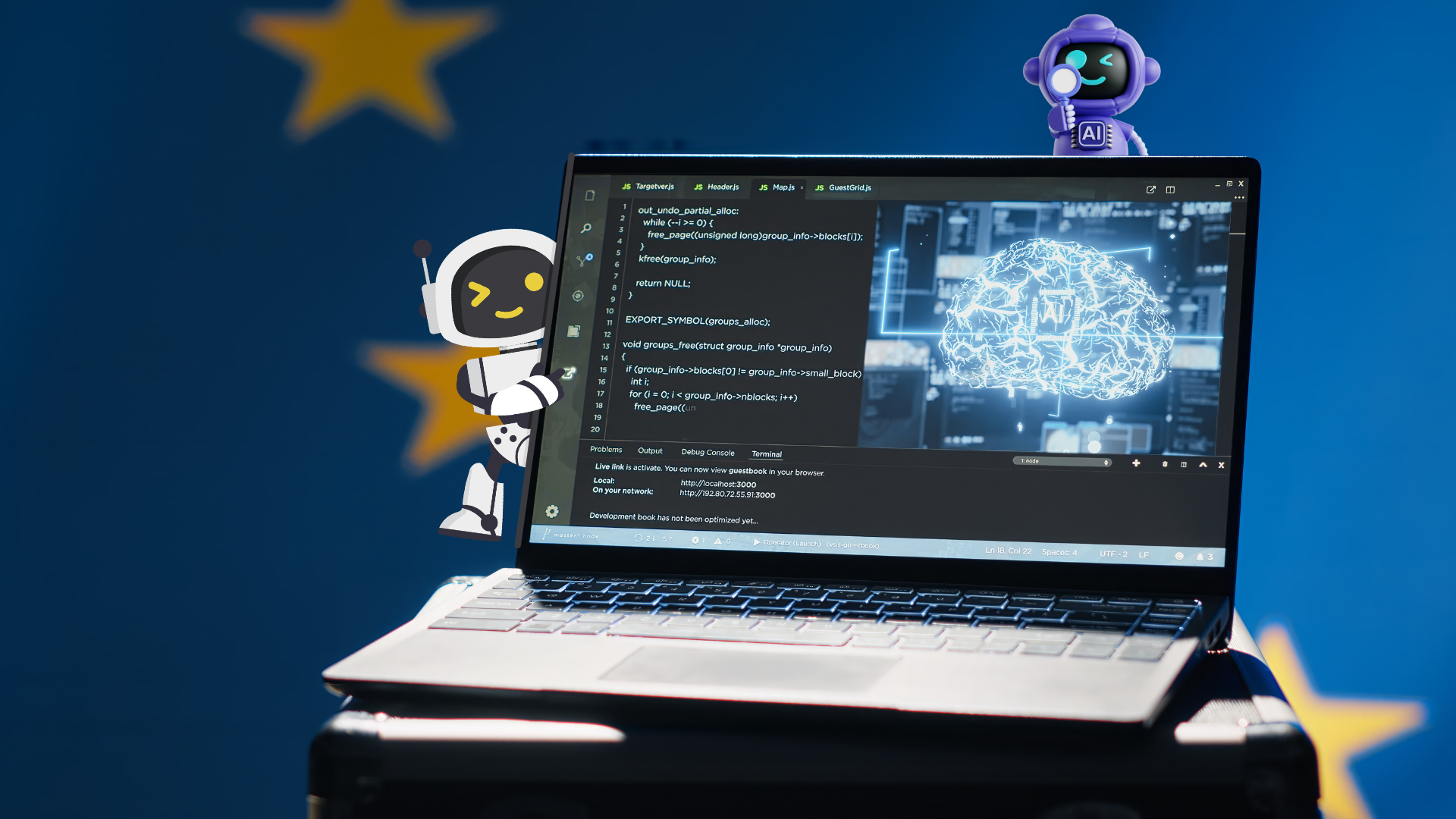
Microsoft (MSFT) has called on the Trump administration to revise a last-minute Biden-era AI rule that restricts U.S. tech companies from exporting AI chips and expanding data centers abroad. The company argues that the rule, known as the AI diffusion rule, is unnecessarily restrictive and could push key allies toward alternative AI infrastructure providers.
Microsoft Criticizes AI Diffusion Rule
In a blog post published Thursday, Microsoft criticized the AI diffusion rule implemented in the final days of the Biden administration. The regulation limits AI chip exports to approximately 150 countries unless they obtain a special license. While the rule exempts 18 “key” U.S. allies, it places restrictions on several major technology hubs, including Israel, Switzerland, and India.
Additionally, the rule limits U.S. companies from building data centers in these “tier two” countries to just 7% of their total computing capacity. The restrictions aim to prevent the smuggling of AI chips to China and other banned nations, including Russia, North Korea, and Iran.
Microsoft’s Concerns and Push for Reform
Microsoft President Brad Smith criticized the broad reach of the restrictions, stating that they extend beyond what is necessary to safeguard U.S. national security.
“The Biden rule goes beyond what’s needed,” Smith wrote. “It puts many important U.S. allies and partners in a Tier Two category and imposes quantitative limits on the ability of American tech companies to build and expand AI data centers in their countries.”
Smith emphasized that the restrictions impact key U.S. partners, including Switzerland, Poland, Greece, Singapore, India, Indonesia, Israel, the UAE, and Saudi Arabia. He warned that these limitations could drive countries to seek AI infrastructure from non-U.S. providers, reducing American influence in global AI development.
Chip Smuggling Concerns
The AI diffusion rule was partly designed to curb chip smuggling to China. Some Tier Two countries have been identified as significant sources of illicit chip transfers. AI policy expert Gregory C. Allen, director of the Wadhwani AI Center at CSIS, noted that Singapore has played a major role in smuggling chips to China.
Despite these concerns, Microsoft contends that the restrictions are counterproductive and could weaken the global competitiveness of U.S. tech firms. The company has been particularly focused on expanding its AI infrastructure in the United Arab Emirates, one of the countries impacted by the rule.
Potential Policy Changes Under Trump Administration
With the Trump administration now in office, Microsoft hopes for a revision of the AI diffusion rule to ease restrictions on AI chip exports and data center expansions. The company argues that a more targeted approach to preventing chip smuggling, rather than broad limitations, would be a more effective strategy for balancing national security and technological competitiveness.
As the new administration reviews AI regulations, the tech industry will be watching closely to see whether policy shifts will allow greater flexibility for AI expansion in global markets.





















































































